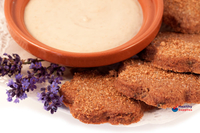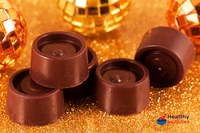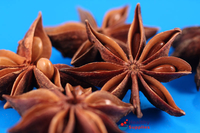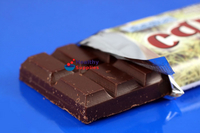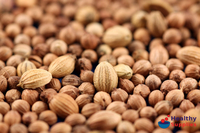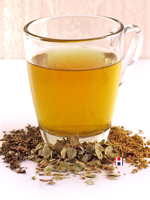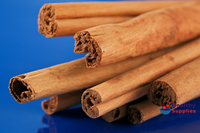GUIDE TO CULINARY ESSENTIAL OILS
Essential oils are at the heart of most flavourings; they are the active ingredient within the plant that contains the natural chemicals responsible for the flavour. Essential oils are simply the extracted oil, and are a natural way to flavour any recipe.
These oils are very concentrated! One or two drops are all that is required for most recipes.
See our range of culinary essential oils here.
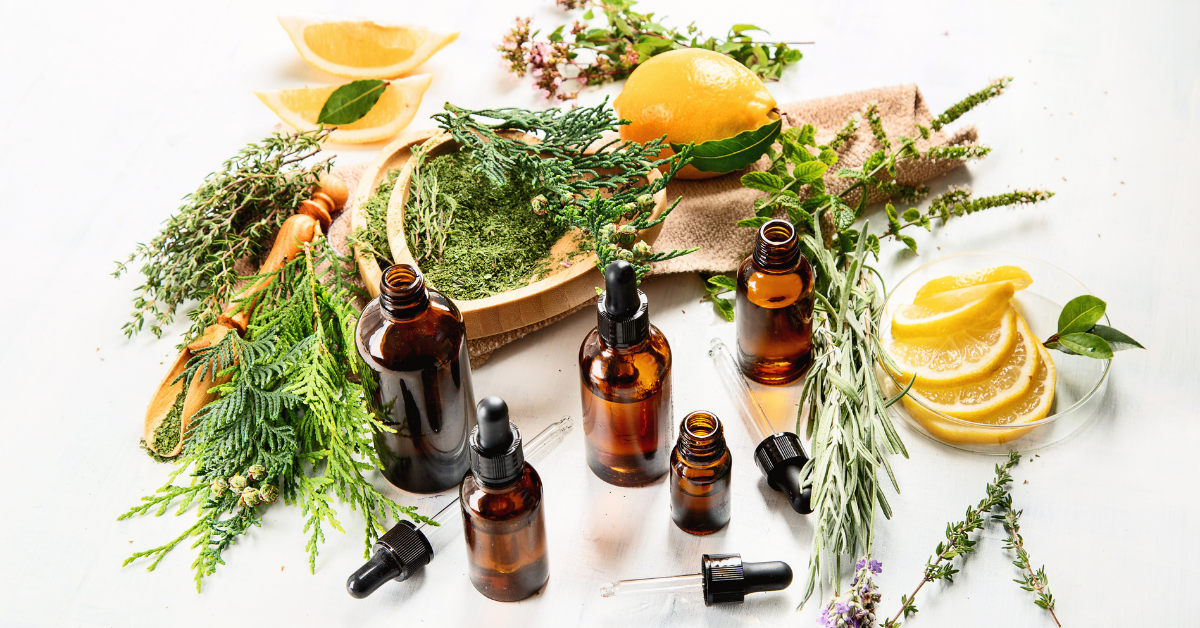
Lavender oil is often used to flavour biscuits, scones, sponges and other sweet baked recipes. As one would expect, it has a floral, fragrant flavour that’s also calming. You can also lavender oil as a replacement for lavender flowers in in many recipes.
Rose otto is the flavour of Turkish Delight, and can be used to flavour a number of dessert recipes. It works well in chocolates such as these dark “mistletoe kisses”, as well as a number of other puddings.
Star Anise oil can be used in spicy cookie recipes such as pfefferkuchen. It can also be added to drinks for a warm, sumptuous flavour; it works well combined with cinnamon and sweet flavourings. It can be added to icing.
Peppermint oil can be used to flavour chocolate, and to create peppermint ice cream. It can also be added to cold drinks and cocktails, as well as in tea and herbal infusions.
Coriander is one of the great tastes of India, and coriander oil is typically added to chutneys and sauces to boost the flavour.
Bergamot is the citrus fruit used to give Earl Grey tea its flavour. A drop or two can be added to a cup of tea to give it that distinctive taste.
Cinnamon oil is easier to work with than the sticks, and can be added to a range of sweets and desserts, as well as in drinks such as mulled wine.

